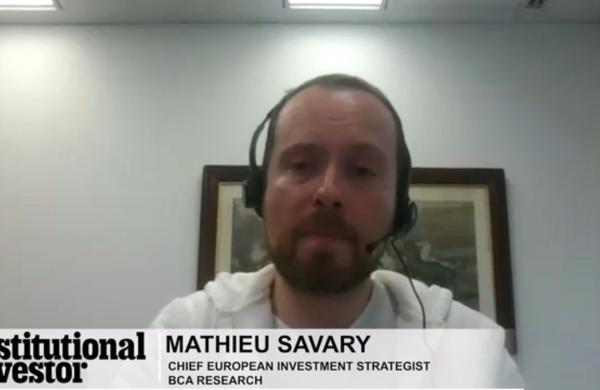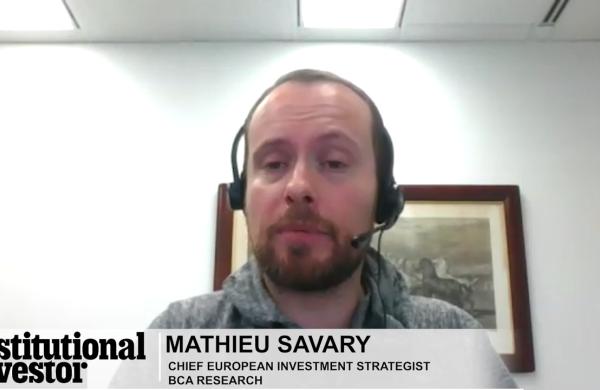So Ron Burkle lost his proxy fight with Barnes & Noble after all. And you thought the blustering, billionaire bully would knock the books off the shelves, scare management and shareholders and get his three director nominees — including himself — on to the board at Tuesday’s annual meeting. But not even endorsements from such heavyweights as Institutional Shareholder Services and hedge fund manager Karen Finerman, a regular panelist on CNBC’s “Fast Money,” could help Burkle’s bid.
Burkle’s failure, however, should not come as a big surprise. Over the years management generally wins these showdowns.
According to FactSet SharkWatch, of 294 proxy fights since 2004 (through Monday), dissidents have won slightly less than 41 percent of the time. In fact, dissidents won a majority of the time in only one year during that period — 2009 — when they prevailed outright in 18 battles, compared with 17 for management. Seven other cases were partial victories, wherein the activist won at least one board seat. This year, however, dissidents have only won seven of 27 fights that have gone to a vote, including the Barnes & Noble showdown, returning to the usual pattern.
John Laide, a vice president and senior product manager at FactSet, admits he is surprised by the setback suffered by activists this year after they got their way a majority of the time last year. “We were expecting more of the same this year,” he says.
The decline in activist success paralleled a drop in the total number of proxy fights, from 42 to 26 through Monday. For its part, Georgeson, the proxy advisory firm, counted 57 proxy contests last year, which it says was the most since it started tracking such activity in 1981.
Georgeson believes that a number of factors may have contributed to the steep decline in the number of proxy fights. For one thing, it cites the recent failure of a number of high-profile contests waged by hedge fund managers such as Carl Icahn and Bill Ackman. It notes that in 2008, after spending huge sums of money promoting his slate of ten nominees, Icahn had to settle for just one board seat at the Yahoo! annual meeting And in 2007 all of his nominees were rejected at Motorola’s annual meeting. Last year, Pershing Square Capital Management’s Ackman saw his nominees rejected by Target’s shareholders.
“In fact, none of these investors chose to wage a formal proxy contest in the United States this year,” Georgeson notes, despite all of Icahn’s blustering with Lionsgate, Biogen Idec, Genzyme and Hain Celestial, to name just a handful of his notable targets this year. “These high-profile defeats,” the firm adds, “may have left dissidents believing that the potential for gains did not justify the time and cost of waging a proxy contest.”
Georgeson says another reason for the downturn in contest activity may be that market conditions have not been ideal for hostile activity. Remember, when the proxy season began in 2009, the stock market in general was still in free fall, dropping to its lowest levels in nearly a decade. However, the proxy firm points out, the Dow rallied by more than 57 percent by the end of the calendar year, even though there were only modest improvements in corporate balance sheets. Investors had much less to be upset over.
Another possibility: Maybe shareholders just don’t believe that the activist-sponsored directors will do any better than the incumbents.







